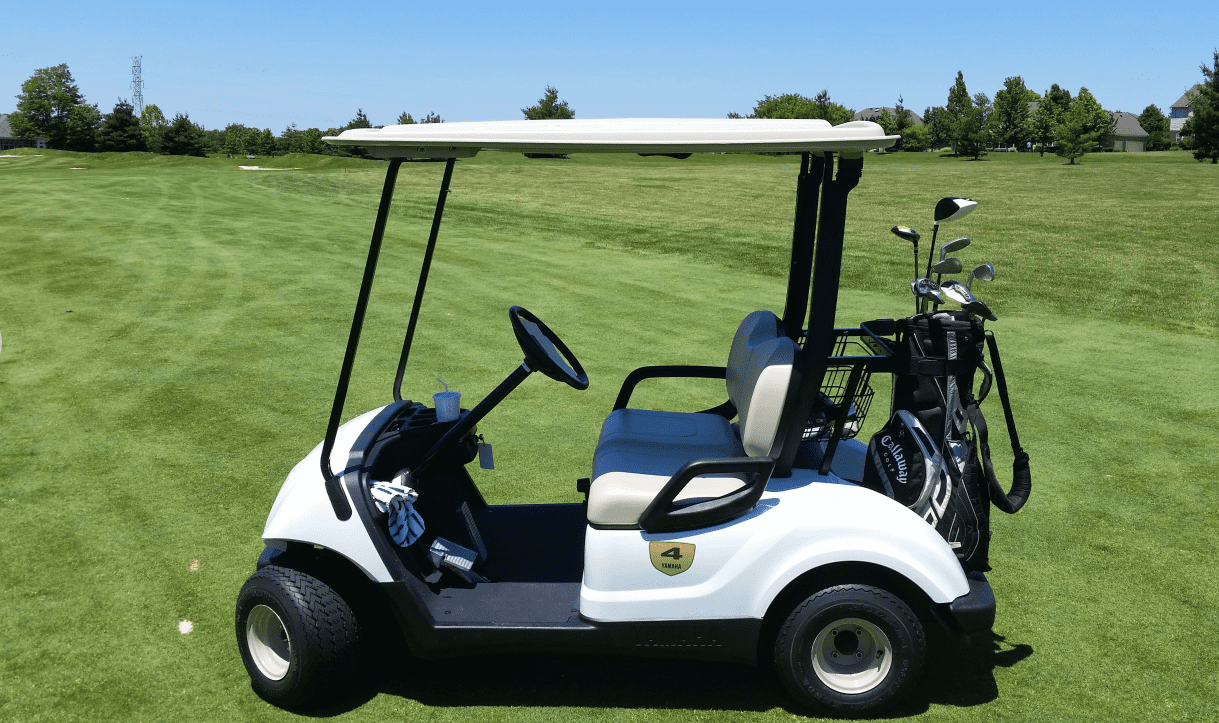Illinois has specific laws governing the operation of golf carts and low-speed vehicles (LSVs), which include requirements for licensing, safety features, and local regulations that vary by municipality. Understanding these laws is crucial for safe and legal operation on public roads.
What Are the Golf Cart Laws in Illinois?
In Illinois, golf carts can be driven on streets with speed limits of 35 mph or less, provided they meet safety standards and local regulations set by municipalities.Chart: Key Legal Requirements for Driving Golf Carts in Illinois
| Requirement | Details |
|---|---|
| Minimum Age | 16 years old |
| Driver’s License | Required |
| Speed Limit | 35 mph or less |
| Insurance | Mandatory |
Do You Need a Driver’s License to Operate a Golf Cart?
Yes, you must possess a valid driver’s license to operate a golf cart legally on public roads in Illinois, ensuring that drivers are adequately trained.
What Safety Features Are Required for Street-Legal Golf Carts?
Street-legal golf carts must include safety features such as headlights, taillights, turn signals, mirrors, seat belts, and a windshield to ensure safe operation.Chart: Mandatory Safety Equipment for Street-Legal Golf Carts
| Equipment | Requirement |
|---|---|
| Headlights | Visible from at least 500 feet |
| Taillights | Visible from at least 100 feet |
| Turn Signals | Required |
| Seat Belts | For all passengers |
Who Is Allowed to Operate Street-Legal Golf Carts in Illinois?
Operators must be at least 16 years old and possess a valid driver’s license; they must also comply with all traffic laws while operating their golf carts.
Are There Additional Regulations for Street-Legal Golf Carts in Illinois Municipalities?
Yes, local municipalities may impose additional regulations regarding equipment, registration, and operational hours, making it essential to check local laws before driving.
How Can You Safely Operate a Golf Cart in Illinois?
Safe operation includes adhering to traffic laws, ensuring all passengers wear seat belts, avoiding distractions while driving, and being aware of your surroundings.Chart: Best Practices for Safe Operation of Golf Carts
| Practice | Description |
|---|---|
| Obey Traffic Laws | Follow all signs and signals |
| Use Seat Belts | Ensure all passengers are secured |
| Avoid Distractions | Stay focused on driving |
What Are the Penalties for Violating Golf Cart Laws in Illinois?
Violating golf cart laws can result in fines, penalties, or even criminal charges similar to those incurred when operating standard motor vehicles under similar circumstances.
Where Can You Drive a Low-Speed Vehicle in Illinois?
Low-speed vehicles may operate on streets with posted speed limits of 30 mph or less unless restricted by local ordinances; they can also cross streets with higher speed limits at controlled intersections.
Expert Views
“Understanding the nuances of golf cart and LSV laws is essential for safe and compliant driving,” says Mark Thompson, an expert on transportation regulations.
Golf Cart Laws
FAQ Section
- Do you need insurance to drive a golf cart?
Yes, insurance is mandatory when operating a golf cart on public roads in Illinois. - What happens if you drive without following local regulations?
Failure to comply with local regulations can lead to fines or legal penalties. - Can minors drive golf carts in Illinois?
No, individuals under 16 years old are prohibited from operating golf carts due to safety concerns.
What are the main differences between golf cart and LSV laws in Illinois?
In Illinois, golf carts are not required to be registered and can operate on local roads with speed limits of 35 mph or lower if permitted by local ordinances. They must have safety features like headlights and a slow-moving vehicle sign. In contrast, Low-Speed Vehicles (LSVs) must be registered, insured, and meet stricter safety standards.
How do Illinois’ laws compare to other states regarding golf carts and LSVs?
Illinois has more stringent regulations for LSVs compared to many states, requiring registration and insurance. In states like Florida, golf carts can operate more freely on public roads with fewer restrictions. Illinois allows municipalities to set specific rules for golf carts, making it similar to some neighboring states but generally more restrictive.
Are there any recent changes to Illinois’ laws regarding golf carts and LSVs?
Yes, recent updates have clarified that municipalities must pass an ordinance to allow LSVs on local roads. Additionally, the distinction between golf carts and LSVs has been reinforced, emphasizing that modified golf carts exceeding 20 mph must be treated as LSVs.
What are the penalties for violating golf cart and LSV laws in Illinois?
Violating Illinois’ golf cart and LSV laws can result in fines or citations. Penalties may include fines for operating without proper registration or insurance, as well as potential legal repercussions for driving without a valid driver’s license or disregarding safety equipment requirements.
How do Illinois’ laws impact the use of golf carts and LSVs on public roads?
Illinois’ laws restrict golf cart usage primarily to local roads with speed limits of 35 mph or lower, which limits their operation in urban areas. LSVs can operate on these roads if registered and insured, allowing for more flexibility but still requiring adherence to specific safety standards.




